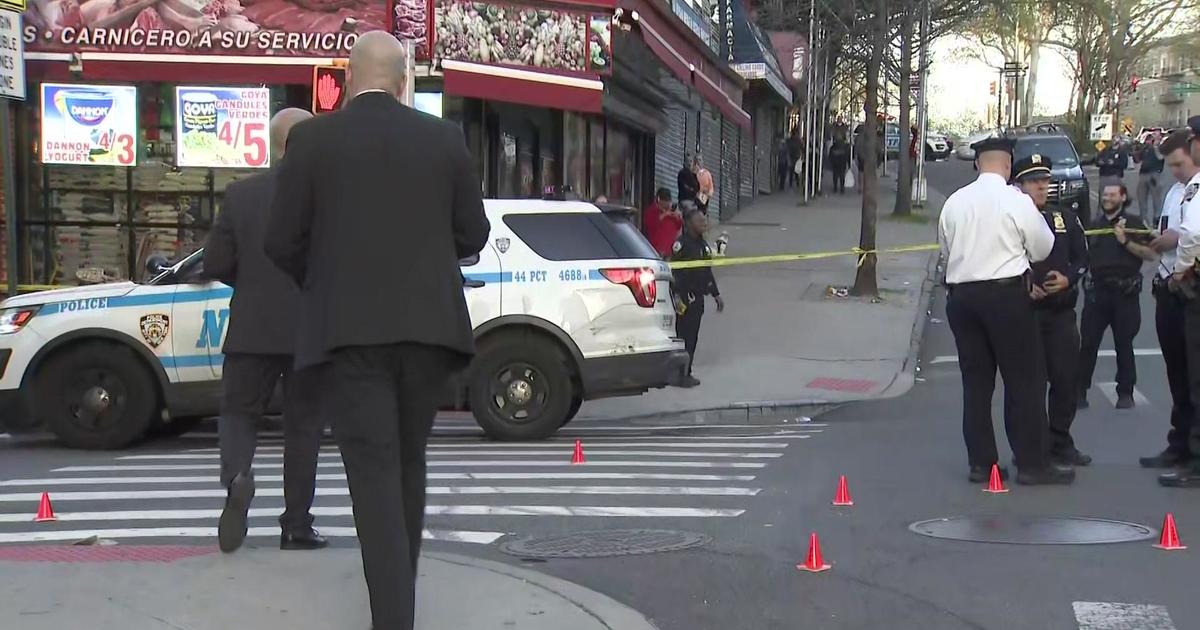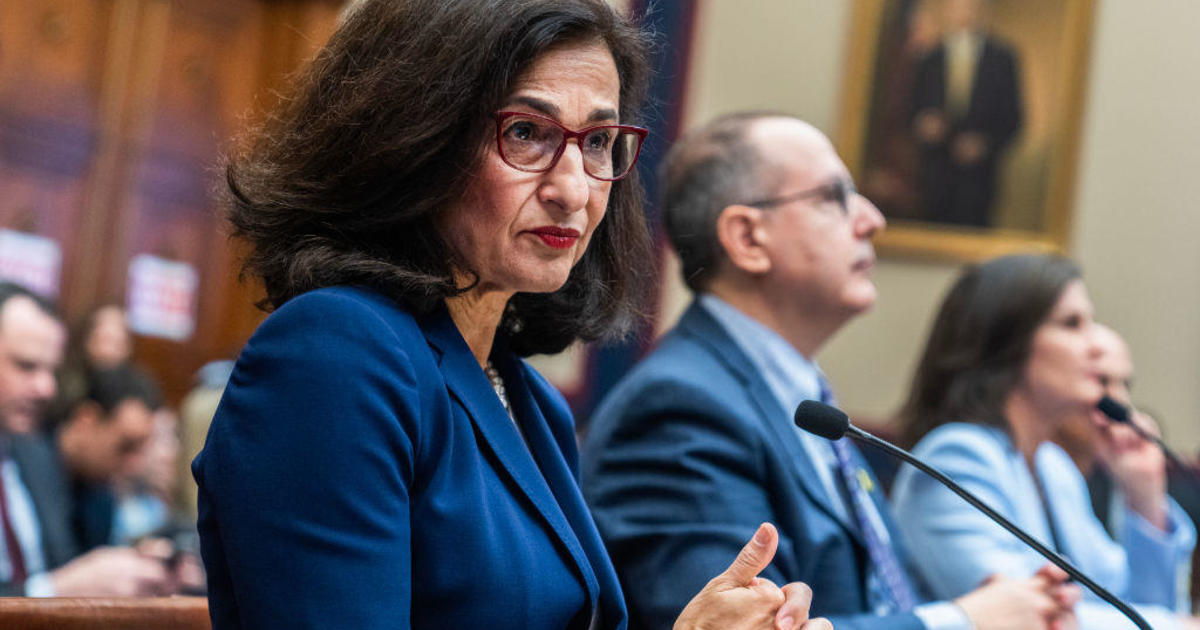Christie Pressed To Make NJ Supreme Court More Diverse
TRENTON, NJ (AP) - Groups representing minorities in New Jersey have appealed to Gov. Chris Christie to make the state Supreme Court more diverse.
The Legislative Black Caucus sent a letter this month urging Christie to use his next appointment to nominate a minority. The NAACP, Latino Action Network and others wrote to Senate lawmakers in September asking that they approve only nominees who increase the court's diversity and independence.
Christie, a Republican, will make two nominations to the court in March.
The current court is made up of five women and two men, all of whom are white.
Blacks, Latinos and Asians make up more than 40 percent of the state's population.
"The court should reflect the diversity of the citizenry of the state,'' said Assembly Speaker Sheila Oliver, a black Democrat and a member of the group that sent the letter. "I know the governor is very proud of the gender representation on the court. We also have to have racial and ethnic diversity.''
Assemblywoman Bonnie Watson Coleman, also a black Democrat and a member of the group, said New Jersey courts have long been respected around the country for diversity, fairness and independence and that the governor had put that reputation at risk by allowing the Supreme Court to convene without any minority representation.
"Nominees must be a reflection of our population,'' she said.
Christie did not reappoint the court's last black justice and nominated a white woman to fill a vacancy when the court's only Hispanic resigned.
Christie said in May he would be mindful of minority concerns when making his next appointments.
"We have an obligation to put the very best people on the court and to have a court that represents all of the interests of the people of New Jersey,'' Christie said at the time. "Certainly that's something I'll be mindful of as I consider nominees for those two seats.''
His spokesman, Michael Drewniak, said Thursday he had nothing new to add.
The high court had been integrated since 1994, when the first black justice, James Coleman Jr., took his seat, Judiciary spokeswoman Winnie Comfort said. Coleman was followed by John Wallace in 2003. The only Hispanic justice, Roberto Rivera-Soto, finished a seven-year term in September and declined to seek reappointment.
The struggle over the composition of the court began about 18 months ago when Christie became the first governor in memory not to reappoint a sitting justice for tenure. His action - which he said he took to reshape a bench he viewed as too activist - left the highest court without a black representative for the first time in 16 years.
Infuriated Democrats refused to consider Christie's nominee, corporate lawyer Anne Patterson, for more than a year. Senate President Stephen Sweeney and Christie eventually brokered a deal to move Patterson's nomination - as a successor to Rivera-Soto, who had decided not to seek tenure on the court. Meanwhile, Democrats vowed to keep Wallace's seat vacant until March, when the jurist would have reached the mandatory retirement age of 70.
Justice Virginia Long will also reach age 70 in March.
Jerome Harris, who heads the state's Black Issues Convention, said the issue of judicial diversity was being closely watched, especially because big court issues such as affordable housing, public school funding and racial profiling can have dramatic effects on minority communities.
"Maintaining diversity on the court contributes to its independence,'' he said, noting the available pool of qualified minority lawyers seeking judgeships. "Under no circumstances are we suggesting that the quality of the appointments be diminished to achieve diversity.''
(Copyright 2011 by The Associated Press. All Rights Reserved.)



